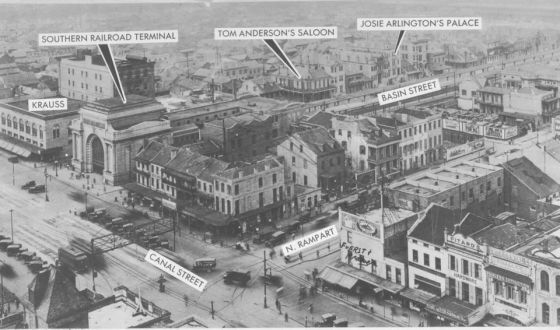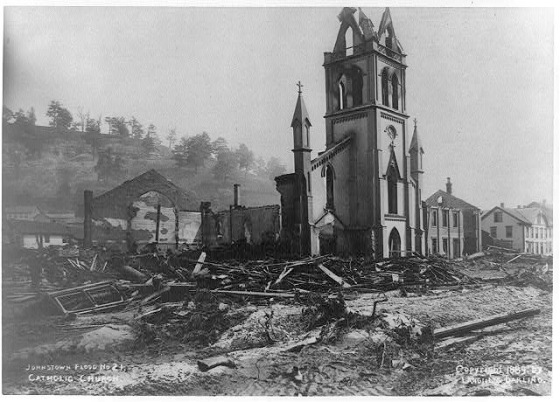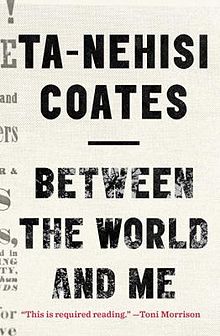For this post I’m going to do something unusual. Kurt Andersen did Charlie Rose so I’m going to post a snippet from that interview.
The other thing I want to show is a talk he gave at the 2017 Aspen Ideas Festival before the release of the book.
The Charlie Rose interview is a lot more refined in terms of how the author presents his book. It’s much more of a raw idea and conversation in the Aspen Ideas talk. Both I think give a picture of the author’s thoughts.


